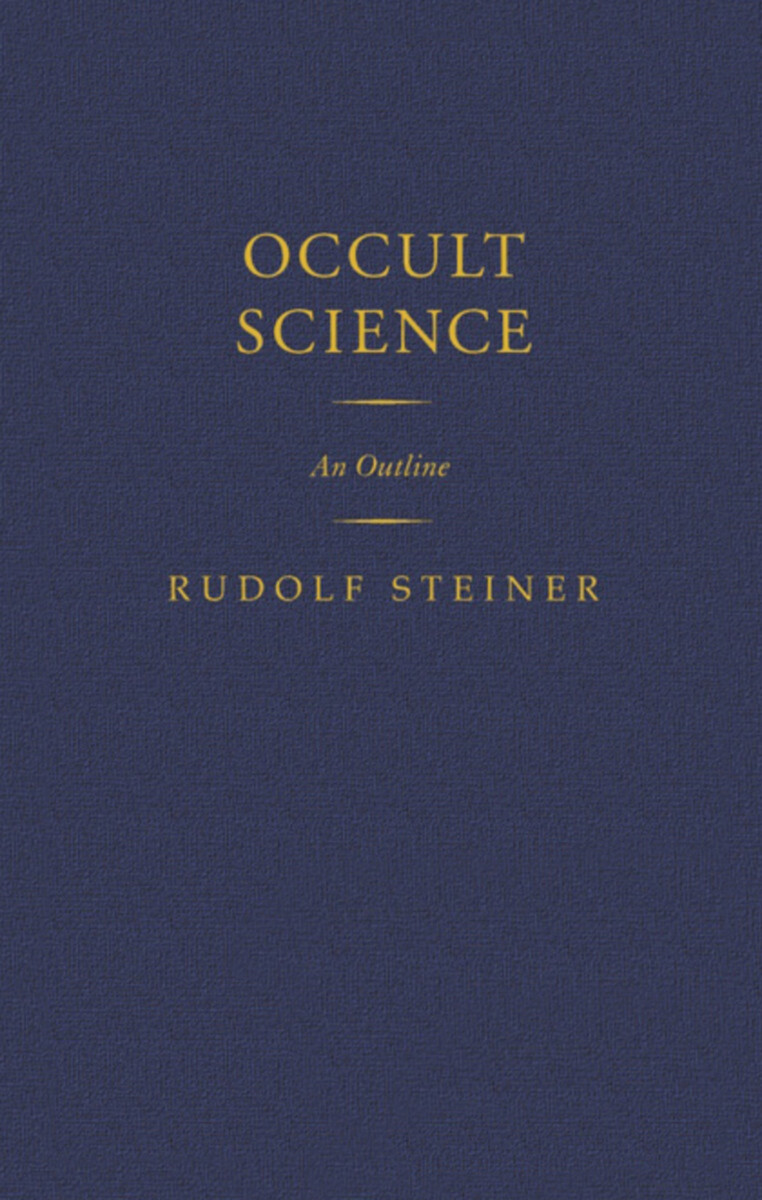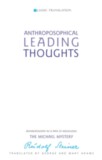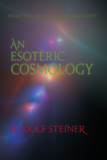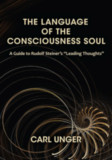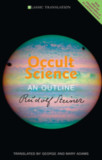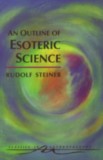- Publisher
Rudolf Steiner Press - Published
26th July 2011 - ISBN 9781855842595
- Language English
- Pages 424 pp.
Written in 1909 (CW 13)
Given his energetic involvement in practical initiatives and extensive lecturing, Steiner had very little time to write. Of the books he found time to write, four titles are considered indispensable introductions to his teaching as a whole: How to Know Higher Worlds; An Outline of Esoteric Science; Intuitive Thinking As a Spiritual Path; and Theosophy. With the exception of his Anthroposophical Leading Thoughts and his Autobiography, Steiner’s important writings belong largely to his earliest work.
The Anthroposophy of Rudolf Steiner is not a theoretical system but the results of research based on direct observation. Because his research was so vast and conducted over such a long period of time, no single book can be said to contain the whole of his spiritual teaching. However, of all his books, this one perhaps comes closest. Steiner even referred to it as “an epitome of anthroposophic spiritual science.” In a systematic way, he lays out fundamental facts concerning the nature and constitution of the human being and, in chronological order, the history of the universe and humankind.
Whereas the findings of natural science are derived from observations made through the senses, the findings of spiritual science are “occult,” inasmuch as they arise from direct observation of realities hidden to ordinary human perception. Nevertheless, these elements of humanity and the universe form the foundation of the sensory world. A substantial part of this important work describes the basic training needed to make such spiritual observations.
Although Occult Science is not all-inclusive, it is indispensable to any serious student who wishes to master Steiner’s extraordinary philosophy and methods of inner development.
Rudolf Steiner Press published this series of re-edited, re-formatted, and re-designed editions of the classic, authorized translations of Rudolf Steiner's foundational books, printed in a limited edition of 1,000 copies and sewn-bound in high-quality cloth, finished with colored end papers and a bookmark ribbon.
Occult Science: An Outline is a translation from German of Die Geheimwissenschaft im Umriss (GA 13).
C O N T E N T S:
Publisher’s Note
Foreword by Matthew Barton
Preface to the 1925 Edition
Preface to the 1920 Edition
Preface to the 1913 Edition
Preface to the 1909 Edition
1. The Character of Occult Science
2. The Nature of Humanity
3. Sleep and Death
4. Man and the Evolution of the World
5. Knowledge of Higher Worlds: Concerning Initiation
6. Present and Future Evolution of the World and of Mankind
7. Details from the Domain of Spiritual Science
Supplementary Notes
Notes
Translator’s Note
Synopsis
Further Reading
Rudolf Steiner
Rudolf Steiner (b. Rudolf Joseph Lorenz Steiner, 1861–1925) was born in the small village of Kraljevec, Austro-Hungarian Empire (now in Croatia), where he grew up. As a young man, he lived in Weimar and Berlin, where he became a well-published scientific, literary, and philosophical scholar, known especially for his work with Goethe’s scientific writings. Steiner termed his spiritual philosophy anthroposophy, meaning “wisdom of the human being.” As an exceptionally developed seer, he based his work on direct knowledge and perception of spiritual dimensions. He initiated a modern, universal “spiritual science” that is accessible to anyone willing to exercise clear and unbiased thinking. From his spiritual investigations, Steiner provided suggestions for the renewal of numerous activities, including education (general and for special needs), agriculture, medicine, economics, architecture, science, philosophy, Christianity, and the arts. There are currently thousands of schools, clinics, farms, and initiatives in other fields that involve practical work based on the principles Steiner developed. His many published works feature his research into the spiritual nature of human beings, the evolution of the world and humanity, and methods for personal development. He wrote some thirty books and delivered more than six thousand lectures throughout much of Europe. In 1924, Steiner founded the General Anthroposophical Society, which today has branches around the world.


